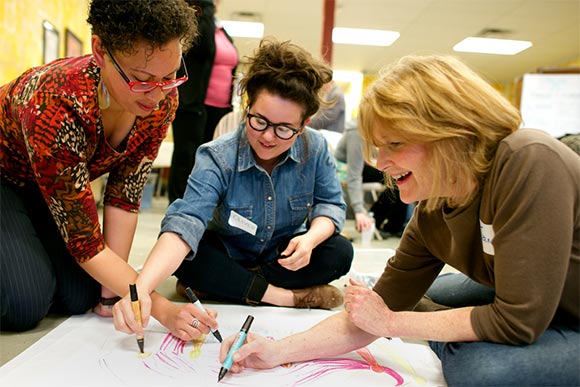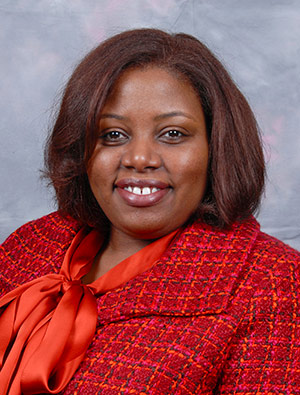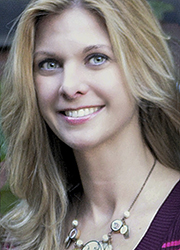PRISM looks to unite second cohort of racial equity leaders
 Mark Silverberg
Mark Silverberg
This series of stories, "Grassroots Success: Awakening the Power of Families and Neighborhoods," explores how meaningful impact on our communities grows from the ground up. Support for "Grassroots Success" is provided by Neighborhood Connections.
Like light through a prism, each of us is a unique individual amid our respective neighborhoods, organizations, and jobs. But it's actually the multifaceted spectrum that makes up any group. Partners Neighborhood Connections and the Community Innovation Network at Case Western Reserve University (CWRU) examine this phenomenon in PRISM, a racial equity leadership program led by Erica Merritt, Equius Group, and Adele DiMarco Kious, Yinovate, LLC.
Launched in June 2016, PRISM was created to assist area non-profit, social service, corporate, neighborhood, and other formal and informal leaders address racial equity in a safe environment. By bringing together different experiences and racial perspectives, PRISM strives to create productive dialogue in a safe environment.
“Twenty participants completed the PRISM experience and have continued to stay connected to each other and [further] racial equity work in our community,” Merritt says. “In fact, in November we will be launching monthly sessions for this group as a way of continuing to support their growth. This work is challenging and difficult to sustain over time without a strong support system.”
 Erica MerrittThe first five-session program examined racism on four levels: internalized, interpersonal, institutional and structural. Participants were provided tools to assess the state of their organizations and communities. They also had the opportunity to participate in caucus groups.
Erica MerrittThe first five-session program examined racism on four levels: internalized, interpersonal, institutional and structural. Participants were provided tools to assess the state of their organizations and communities. They also had the opportunity to participate in caucus groups.
The program consists of interactive sessions using film, mini-lectures, experiential exercises, short videos, and articles. Designed around a cohort model, a maximum of 20 participants attend five workshops, each building on the last. Interpersonal relations are also established through the sessions.
“We strive for a racially diverse group of participants representing a variety of institutions, community organizations and neighborhoods,” Merritt says. “The intention is for us to collectively equip and empower each other so that we may unite to truly make a change.”
She says participants of the first block of sessions ranged from people representing the Cleveland Public Library, CWRU, and charter schools, as well as others who came to learn how to address issues in their own neighborhoods.
PRISM strives to leave participants with greater self-awareness and an individualized plan with an improved capacity to dismantle racism in their neighborhoods and organizations. Many participants have kept in touch socially or have begun to work together to implement things they have learned through the sessions.
“Our goal is to continue striving toward racial equity in Cleveland by building a network of leaders, formal and informal, who are working towards it in large and small ways every single day,” Merritt explains, adding she'll know they have achieved this goal when Clevelanders' racial identity no longer predict how one fares statistically.
In addition to the next five-session PRISM program that will run from February through April, PRISM will be launching a monthly version beginning in November called R.E.A.L. (Racial Equity and Leadership) Workshops, which will serve as an entry point for individuals who want to build personal awareness around racial equity. The REAL sessions will examine the difference between equality and equity and explore practices and policies at the structural level. Merritt says the workshops will teach people about racism that extends past individual acts of meanness. Scheduled dates include Nov. 30, Jan. 10, Feb. 15, March 15 and April 12. All programs are from 6 to 8 p.m. and will be held at Neighborhood Connections, 5000 Euclid Ave., suite 310, inside the Agora.
“I do this work out of a great deal of optimism that we can have a better future,” Merritt says. “It’s about not wanting to repeat the past, and knowing we can create a better country. It [systemic inequity] is something that we created, so it’s something we can dismantle.”

